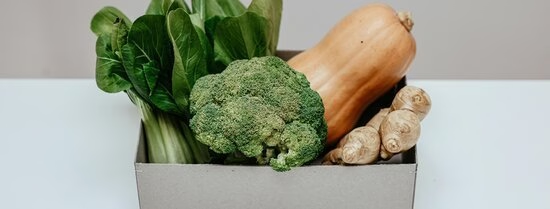How do you persuade millions of Europeans to eat more sustainably? Not with another campaign, but by letting them play. Teresa de la Hera (Erasmus School of History, Culture and Communication) is part of the European consortium FOODMISSION, which aims to use gamification to nudge people towards healthier and more planet-friendly food choices. “Gamification helps us break complex behavioral change into small, achievable steps.”
De la Hera, Associate Professor of Persuasive Gaming, wrote her master’s thesis on so-called advergames, games developed explicitly for marketing purposes. “The entire narrative revolves around promoting a product,” she explains. She soon became fascinated by how games could be used not just for entertainment, but also to convey messages and influence behavior. “My entire academic career has focused on understanding how we can use games to persuade people, and what the impact of that is.”
Games can serve many different purposes. One of the titles she studied is Blasphemous, a Spanish indie game inspired by religious iconography and traditions from southern Spain, especially Semana Santa (Holy Week around Easter). “Although the game sparked some controversy, many players appreciated it. They told us they’d learned a lot about their own culture and became curious about its details.”

Duolingo for the food transition
FOODMISSION wants to turn sustainable food choices into an enjoyable experience through gamification. Imagine a sort of the Duolingo of the food transition. And for De la Hera, the importance is obvious. “We need to change the way we eat. That requires people to understand the consequences of their food choices,” she says. “Ultimately, we want to help people make better decisions in their daily routines.”
So what will the FOODMISSION platform look like in practice? It’s still too early to say, De la Hera explains. The team is currently laying the scientific and conceptual foundation for the platform. Based on existing research, they aim to identify which strategies work best and why. They’re also gathering feedback from citizens and sustainable food professionals, because a good gamification strategy must convey the right message in a way that resonates with the user. Striking that balance is not always easy. “Sometimes game designers focus too much on fun, while behavioral experts may not understand how gaming works,” she notes.

Small steps, big potential
De la Hera is convinced of the power of gamification. “Gamification helps us break complex behavioral change into small, achievable steps. Even if we want to change, we often don’t know where to begin. A game gives you something to do, it activates you. You're not just watching, you're participating.” Despite her enthusiasm, she still encounters skepticism. “There’s a lot of stigma around gaming,” she observes. “People still raise eyebrows when I let my kids play.” But to her, the benefits are clear. Games offer more than entertainment, they’re tools for learning and social change.
Beyond individual choices
The project doesn’t stop at individual behavior. FOODMISSION also works with stakeholders such as restaurants, supermarkets and policymakers to identify barriers to sustainable food practices. “Unhealthy food is cheap and everywhere, for example. Healthier alternatives are often harder to access,” she says. The ambition is not just to develop a digital platform, but to help shape better food policies across Europe. “We know that change is necessary if we want a sustainable future. And if this project succeeds, we can help shape both the policies and the practices of tomorrow.”
- Researcher
- More information
Please contact Julia Wetsteijn for more information, Press Officer at Erasmus School of History, Culture & Communication: wetsteijn@eshcc.eur.nl , 010-4082316
- Related content

